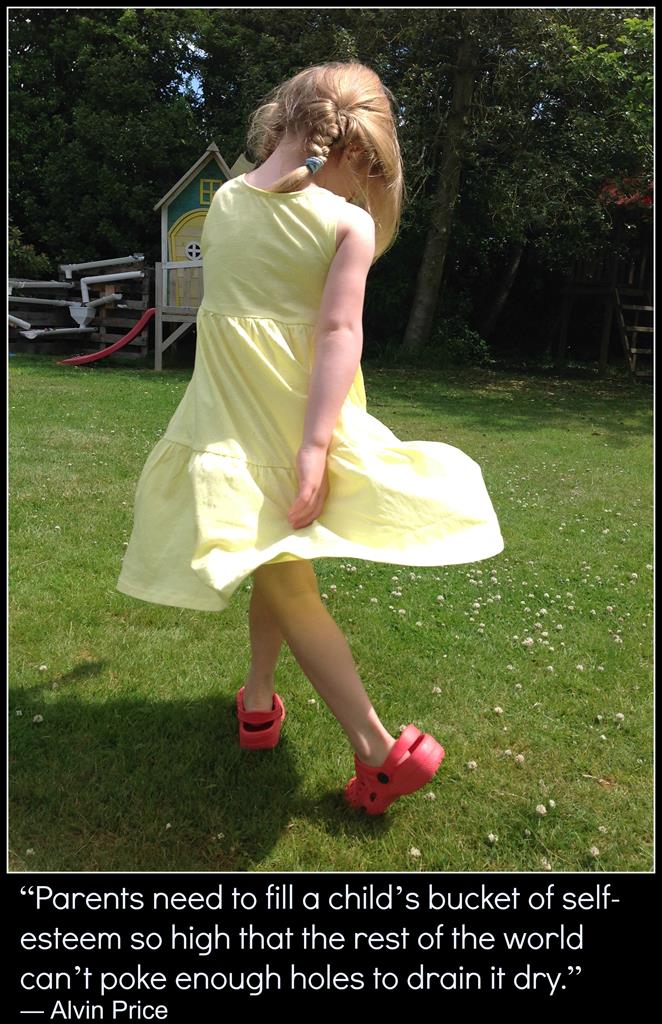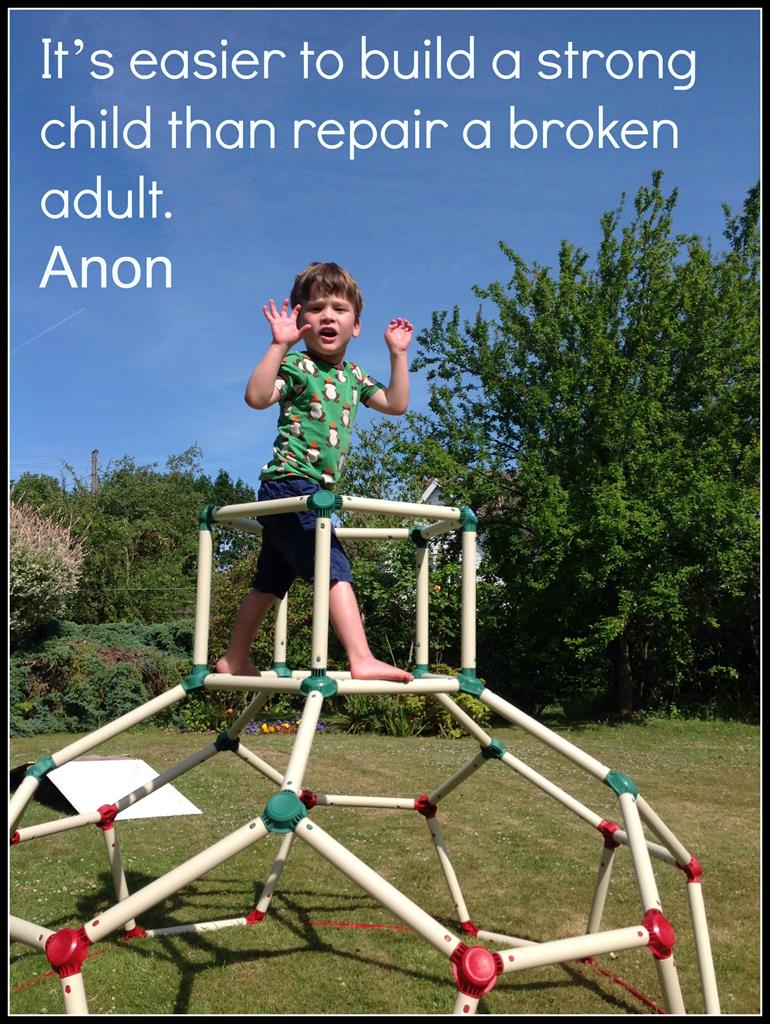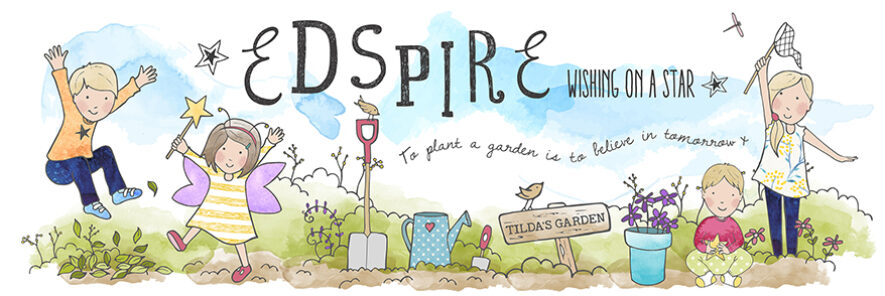28 years ago I started secondary school
1987
How is that possible?
28 years!
I got on my military bus
For the hour long bus journey
From our flat in Wulfen
To my secondary school in Munster
It was an easy journey
And I made it with friends
One of whom I am still friends with today
I loved secondary school
I was excited to go
Our transition from primary was handled really well
I know that I am one of the lucky ones
And it was a LONG time ago
David did not enjoy the start of secondary school
It was a very lonely time for him
And as a Year 5 and 6 teacher here in Kent
I have seen my pupils
And their families
Worry about making the move
When the time comes for Esther and William
To move on to ‘great big school’
It is going to be a huge deal
If they choose to go to grammar
They will go to separate schools
Perhaps travel on different buses
We live in a tiny village
Going to a huge school in a great big town
Is going to be a culture shock
No matter how much preparation we and their primary school do
How do you prepare an eleven year old, or two
For such an enormous change?
Here are some ideas that I share with families
Of the children I have tutored and taught
Attend open evenings, transition events and any public events at the school
As soon as you know which school your child will be attending for Year 7, familiarise yourself with it the best you can. Attend events at the school that are specifically for new pupils and also any thing which is open to the public. Make the most of visits to get to know the layout of the school. If you know children at the school already use them as source of information and to help answer any questions that your child may have.
Talk to your child
Talk about school through the holidays, try to reassure your child and work together to alleviate any concerns. Accentuate the positives of the adventure that is secondary school. There will be things that they are worried about, talk about the worries together. Share the book, The Huge Bag of Worries, and make sure your children know that no matter what they can talk to you. Try to make sure that they also know an adult at school they can talk to.
Practise the morning routine
The morning routine is going to be much earlier for most as the journey to school becomes longer. Plan back from when your child needs to be heading out the door and plan in redundancy. Better for all to have 10 minutes to spare than to miss the bus! Practise early rising, getting organised and out the door on time, plan where things willl be kept and how as a family you will stay organised as the weeks and terms progress. Experiment with healthy breakfast options over the summer. Make rules about computers, social media and TV.
Get organised
Organisation is key especially with multiple children going to multiple schools. There are some great ideas for organising your children at home in this post by Crafty Southern Mama. Keeping track of homework and admin is key and for the earlier years at least needs to be a shared responsibility. I love the idea of Family Command Centres and when we renovate our hallway I will definitely be designing with one in mind.
Label everything
And I do mean everything! Phones, iPods, trainers, blazers, lunch box, bags everything. Secondary schools are massive places things lost are often hard to find and if lost between home and school property may well never be seen again. Labelled belongings may have a better chance of being returned.
Plan the route to school
At the moment our walk to school takes less than five minutes. The bell goes at 8.55am and so most mornings we leave the house at 8.50am. We can see school from our breakfast table. Secondary school, unless I take them by car, will be at least one bus ride and a walk away. The journey will need planning and practising. It will also need to be paid for before the school year begins.
Think about communication
When I went to school in the 80s(!!) I had no way of contacting my parents once I was out the front door until I could use the phone in the office at school. In the UK and using public transport the need for communication is very different. Money or pre paid card for a phonebox I think would be carried, even back in the 80s? Now though children have mobile phones. If you do get your child a mobile phone you will want to talk to them about responsible use, keeping it safe and the cost of making calls. You will also need to make sure that they have all the numbers that they are going to need in case of an emergency, or a change of plans.
Encourage independence at home
As children start senior school they embark on a steep academic and social learning curve, they also need to very quickly become responsible for themselves and more independent than they have been up until now. They have to know where there lessons are, make sure they get from one to the other on time, keep track of homework, make sure they do not miss buses to or from school. There is lots that they will need to be doing for themselves and it is best for them if they have already been encourage to be independent throughout the summer and even through the latter part of Year 6. There are some ideas here for fostering independence in kids from a very young age and an informative post here about raising independent teenagers.
Foster friendships
Starting ‘great big school’ with friends will make the process a little easier. I know that when the time comes if Esther and William go to different secondary schools I will try very hard to find them each a buddy for the September. A face they will recognise in a crowd if not someone they want to choose as a friend. If they are going with someone from their primary school class then I would try to maintain contact with the family over the summer and arrange for the children to meet up. I think it has to be a good thing to know someone and even better to already have a friend. I would also talk to children about how friendships may change as the school year goes on and new friends are made. I was always friends with my friends from home at school but I also made lots of new friends and spent time with different groups of people for different things.

Build up your child’s confidence and self esteem
I think perhaps this is the most important thing to do and something we can all do, no matter the age of our children. Having good self esteem comes from knowing you are loved, knowing you are valued, feeling that you belong, that you are safe and secure. Along with self esteem comes pride and respect, for yourself and for others. There is a great post here about how to build your child’s self esteem. On top of those tips I would also read books that show your children how special and loved and unique they are. I am doing this with Esther and William at the moment as we begin to prepare them for primary school and whenever they are in need I will dig out these books and share them again. A confidence boost in a book box. I am going to write a separate post about our chosen books but in case you cannot wait, these are some of the best ones on our list.
Beautiful Oops
Giraffes Can’t Dance
Only One You
The Dot
The Girl Who Never Made Mistakes
You may think these books are not suitable for children aged 11 but I have found people enjoy picture books at any age especially those as beautiful as these.

Hire a tutor
There is no getting away from the fact that school is about education and academics. If you have a secure grasp of the basics you are going to feel more confident overall and more ready to learn something new.
As children start secondary school they face a number of challenges. They will have lessons in a wide range of subjects and will also need to develop the study skills and time management skills to stay on top of their workloads. A private tutor, from a reputable company such as Fleet Tutors, can help boost a student’s learning in a subject or even just a specific topic as well as help them with good study disciplines and organisation.
There is a lot to think about as children move from key stage two to three
These are my top tips for transition
I would love to know yours
This is a collaborative post

My girl started secondary school last September and everything you said I was nodding along with….Fantastic advice!